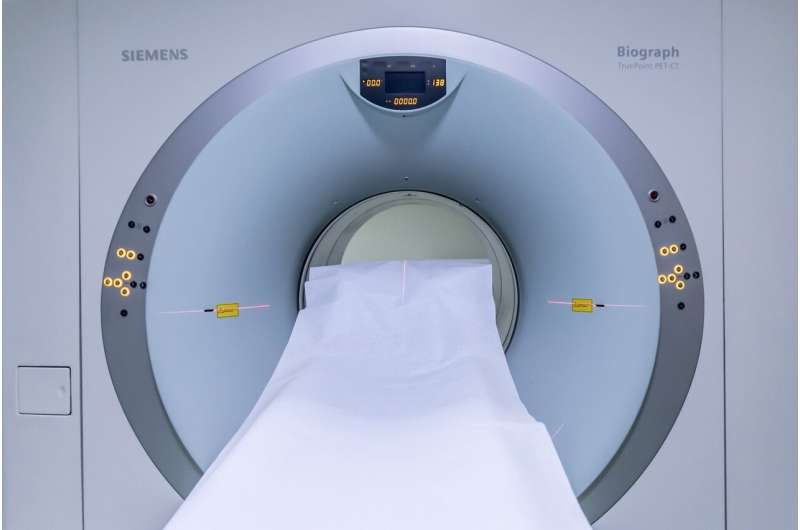
A cohort study of more than 600 persons with non-magnetic resonance imaging (MRI)-conditional implantable cardioverter defibrillators (ICDs) found that these ICDs still appropriately treated detected tachyarrhythmias after MRI. The findings are published in Annals of Internal Medicine.
Previous research has shown that MRI does not have clinically important effects on the device parameters of non-MRI-conditional ICDs. However, data on non-MRI-conditional ICD detection and treatment of arrhythmias after MRI are limited.
Researchers from Johns Hopkins Hospital conducted a prospective cohort study of 629 persons with non-MRI-conditional ICD devices after the subjects had undergone MRI. The authors found no direct evidence of ICD failure to deliver therapy. They note that a substantial patient population with non-MRI-conditional ICDs currently exists with continued inequities in access to clinically indicated MRI examinations, likely from continued perceived risks of MRI examinations in patients with these devices.
The authors suggest that their study provides additional safety data for this patient population under a standardized imaging protocol.
More information:
Implantable Defibrillator System Shock Function, Mortality, and Cause of Death After Magnetic Resonance Imaging, Annals of Internal Medicine (2023). DOI: 10.7326/M22-2653 , www.acpjournals.org/doi/10.7326/M22-2653
Journal information:
Annals of Internal Medicine
Source: Read Full Article